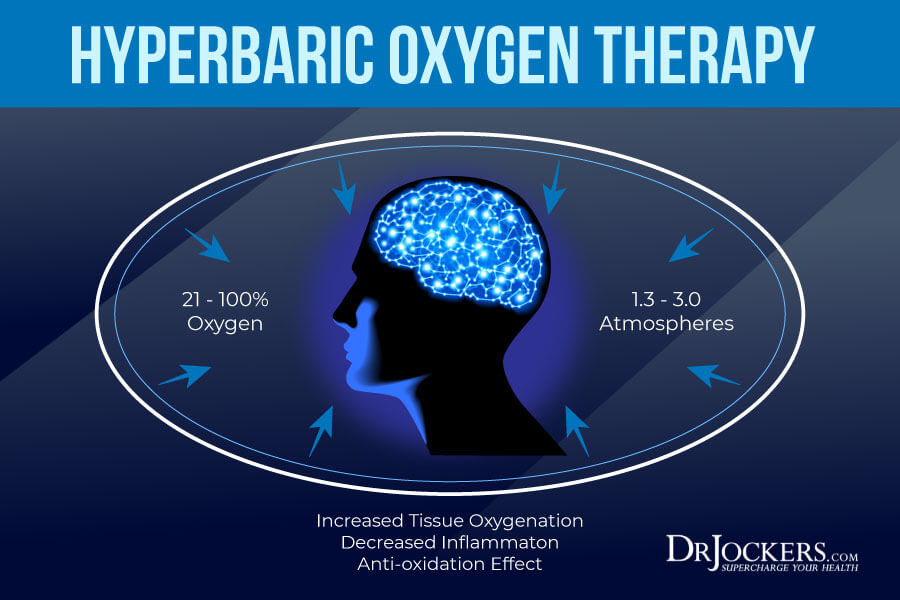Benefits of Oxygen Therapy
Oxygen therapy is a medical treatment that involves the administration of supplemental oxygen to individuals who have low oxygen levels in their blood. It is a highly effective therapy that can provide numerous benefits for various health conditions. In this comprehensive guide, we will explore the benefits of oxygen therapy and how it can improve the overall well-being of individuals.
Enhanced Oxygen Supply
One of the primary benefits of oxygen therapy is the increased oxygen supply to the body’s tissues and organs. By delivering supplemental oxygen, this therapy helps to ensure that all body systems receive an adequate amount of oxygen. Oxygen is essential for the proper functioning of cells and plays a crucial role in energy production. With enhanced oxygen supply, individuals can experience improved energy levels, enhanced cognitive function, and better overall performance.
Improved Respiratory Function
Oxygen therapy is commonly used to treat respiratory conditions such as chronic obstructive pulmonary disease (COPD), asthma, and pneumonia. By providing additional oxygen, this therapy helps to relieve shortness of breath, reduce fatigue, and improve respiratory function. It can also prevent further complications associated with inadequate oxygen levels, such as heart strain and organ damage.
Enhanced Exercise Performance
For individuals with respiratory conditions, oxygen therapy can significantly enhance exercise performance. By increasing oxygen levels during physical activity, this therapy allows individuals to engage in exercise for longer durations and with reduced breathlessness. This can lead to improved cardiovascular fitness, increased muscle strength, and an overall better quality of life.
Accelerated Wound Healing
Oxygen plays a crucial role in the wound-healing process. Oxygen therapy can promote faster healing of wounds by increasing the oxygen supply to the affected area. This therapy is particularly beneficial for individuals with chronic wounds, diabetic ulcers, and skin grafts. By improving blood circulation and stimulating the growth of new blood vessels, oxygen therapy can help to heal wounds more efficiently.
Reduced Risk of Complications
By ensuring adequate oxygen levels in the body, oxygen therapy can help reduce the risk of complications associated with various medical conditions. For instance, individuals with heart failure may experience improved heart function and reduced strain on the heart when receiving supplemental oxygen. Similarly, individuals with sleep apnea can benefit from oxygen therapy to prevent low oxygen levels during sleep, which can lead to daytime fatigue and other health issues.

Oxygen therapy offers a wide range of benefits for individuals with low oxygen levels or respiratory conditions. From enhancing oxygen supply to improving respiratory function and promoting wound healing, this therapy plays a vital role in improving overall well-being. If you or your loved ones are experiencing low oxygen levels or have respiratory conditions, consult with a healthcare professional to determine if oxygen therapy could be beneficial for you.
Frequently Asked Questions
1. What is oxygen therapy?
Oxygen therapy is a medical treatment that involves providing supplemental oxygen to individuals with low blood oxygen levels.
2. Who can benefit from oxygen therapy?
Oxygen therapy can benefit individuals with various conditions such as chronic obstructive pulmonary disease (COPD), pneumonia, asthma, and sleep apnea.
3. How does oxygen therapy work?
Oxygen therapy works by increasing the amount of oxygen in the blood, which helps improve oxygen delivery to the body’s tissues and organs.
4. What are the benefits of oxygen therapy?
The benefits of oxygen therapy include improved breathing, increased energy levels, enhanced cognitive function, better sleep, and improved physical endurance.
5. Are there any risks or side effects associated with oxygen therapy?
While oxygen therapy is generally safe, some individuals may experience side effects such as a dry or bloody nose, skin irritation, and fatigue.
6. How is oxygen therapy administered?
Oxygen therapy can be administered through various methods, including a nasal cannula, oxygen mask, or using a portable oxygen concentrator.
7. How long do I need to use oxygen therapy?
The duration of oxygen therapy depends on the individual’s condition and their healthcare provider’s recommendation. It can be used temporarily or on a long-term basis.
8. Can I travel with oxygen therapy?
Yes, it is possible to travel with oxygen therapy. Portable oxygen concentrators are available that allow individuals to continue their treatment while on the go.
9. Is oxygen therapy covered by insurance?
In many cases, oxygen therapy is covered by insurance. However, coverage may vary depending on the individual’s insurance plan and specific medical condition.
10. Can I use oxygen therapy at home?
Yes, oxygen therapy can be used at home. Home oxygen concentrators are available that provide a continuous supply of oxygen for individuals who require it.




